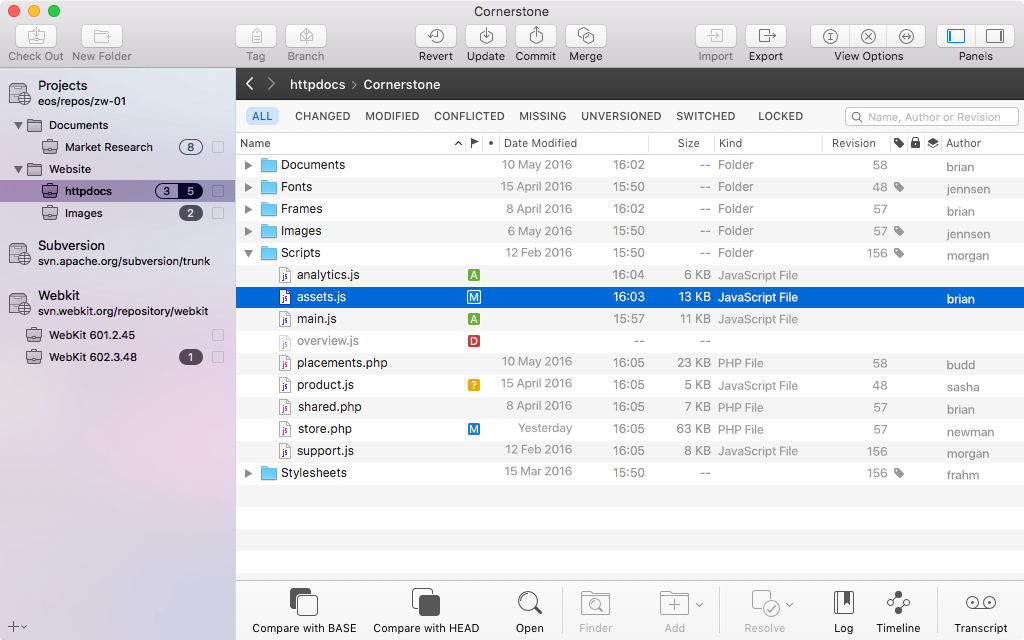Cornerstone Bible 9.0 - A collection of Bibles and Bible study tools. Download the latest versions of the best Mac apps at safe and trusted MacUpdate Download, install, or update Cornerstone Bible for Mac from MacUpdate.
On the evening of Thursday, Oct. 11, students and faculty gathered in the Art Commons for the first Cornerstone Forum of the semester featuring MCSG President Malik Mays ’19. Malik Earle ’18 and Mara Steinitz ’18 started the Cornerstone Forum project last spring to increase communication between members of the Macalester administration and the student body. Mays began by detailing why he decided to run for MCSG President last year, emphasizing experiences in the classroom and in social settings where he felt that minority students weren’t supported after instances of hate or racism. “There were a lot of experiences where I felt alone,” Mays said.
“I didn’t have support from the school or from my faculty or my professors, and I wasn’t the only one who felt this way. It became a problem that I felt as a first-year, and then as a sophomore, and it became a cycle. Mays ’19 at the cornerstone forum. Photo by Margaret Moran ’21 “I thought things were going to get better. I think that Macalester puts out an idea of perfection, but no school is perfect. And Macalester is great for a lot of reasons, and because it’s so great, I knew that we could do better.” Bringing conversations about race and racism to more classrooms across campus, then, is a goal of Mays’.
Since June, he has met with administrators such as Dean of the Kofi Annan Institute for Global Citizenship Donna Maeda, Vice President for Student Affairs Donna Lee, and Dean of Multicultural Life Marjorie Trueblood to develop strategies in furtherance of that goal. In addition to administrators, Mays is also looking to connect with individual professors to talk to them about managing discussions of racism or hate in the classroom. “One time last year, something related to race came up in class, and my professor at the time didn’t talk about it,” Mays said. “I talked to her about it after class and she brought up how afraid she was to bring it up.
Cornerstone For Mac Download
And then we had a conversation for about an hour-and-a-half about how she was so afraid of bringing up stuff like that in the classroom. “It gave me perspective,” he continued. “And I think change will come from a place of understanding, not from a place of anger.” Several students asked how students and faculty can improve the class environment so professors aren’t afraid to discuss racism or hate.
“What are the ways that we can address faculty being so afraid to address these things in class?” Milo Beyene ’19 asked. “Start talking with the faculty members who do care, the ones who have good intentions but who just don’t know and have them come to the training sessions,” Mays said. “As more faculty members start adopting the strategies and techniques, those who aren’t adopting them become more obvious.” Mays’ most pressing goal for the 2018-2019 academic year is to ensure that students and professors have space to talk about how they feel in the classroom and how faculty can better address their needs.
“We want to make sure there’s space for faculty and students to just talk about these things in a place where no one feels like they’re being called out or their job or their grades are in jeopardy,” he said. Mays also emphasized that another of his goals as president is to energize as many first-year and sophomore students to get involved with creating change on campus. “A lot of senior students realize that they have all of these ideas to make Macalester better, but they’re in their senior year,” Mays said.

“It’s very frustrating because big changes take continuous effort to be done, and I just hope that over the next four years, you all are making more change.” At the end of the forum, Cornerstone Forum organizers Ariel Hasak-Lowy ’21 and Gabi Estrada ’21 asked audience members who they would like to speak at the next Cornerstone Forums. Students suggested Provost Karine Moe or Title IX Coordinator and Bias Harassment Coordinator Timothy Dunn. “There are definitely avenues for you to make change,” Mays said. “I try to put this out there because I didn’t get involved until my senior year, and now that I’m here I’m so excited to be in a place where I can finally help and do what I can for my community.”.